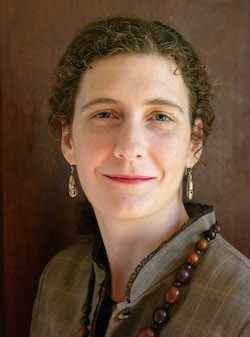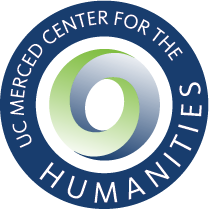
Liza Grandia, cultural anthropologist, is an Associate Professor in the Department of Native American Studies at the University of California-Davis. Since 1993, she has collaborated with numerous indigenous and environmental NGOs in Guatemala and Belize. She is the author of two ethnographies based on seven years of fieldwork: Enclosed: Conservation, Cattle and Commerce among Q’eqchi’ Maya Lowlanders (2012) and Tz’aptzooq’eb’: El Despojo Recurrente al Pueblo Q’eqchi’ (2009). She is founder and coordinator of the Q’eqchi’ Scholars Network and the Petén Scholars Network, which seek to connect researchers with social and environmental justice struggles. As the new director of the Indigenous Research Center of the Americas (IRCA), she hopes to foster more community-engaged and community-driven research across the hemisphere. Her own research and activist interests include: agrarian and biodiversity conservation issues in northern Guatemala and southern Belize; corporate and development threats to indigenous peoples; cultural perceptions of toxics in everyday life; GM-maize; hegemony and controlling processes; the commons.
My research and activism revolves around corporate and development threats to indigenous peoples, especially to Q'eqchi' Maya people in northern Guatemala and southern Belize. I have deep knowledge of the history of international development aid projects in this region, the Central America Free Trade Agreement, World Bank interventions, land grabbing, and new corporate investment in the region. I have proactively tried to involve other scholars in the kinds of expert witness advocacy with which I'm regularly involved in support of Q'eqchi' social movements through an academic research network that I founded: the Q'eqchi' Scholars Network with some 70+ members. Having worked in the Maya lowlands since 1993, I am familiar with the scholarship and personalities of most people who have conducted research in this region and am working to put together a broader network in the tri-national Maya Forest region (Mexico, Guatemala, and Belize).













